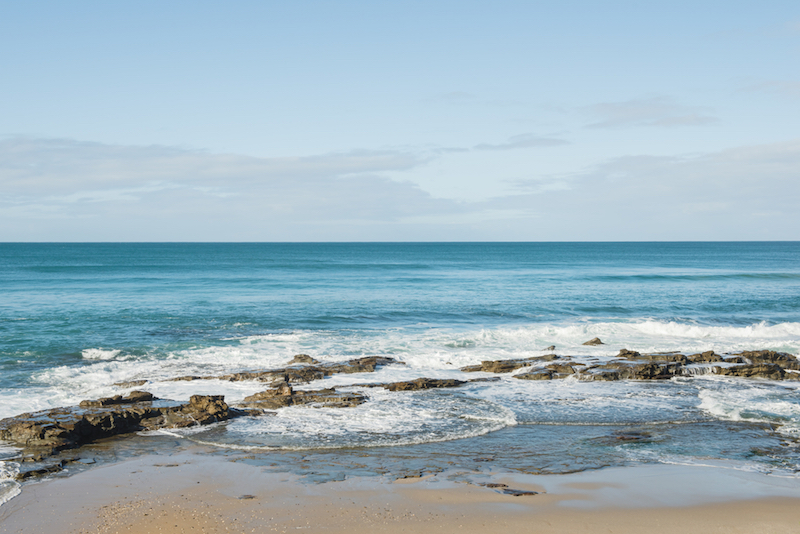Poopy Situation Down Under: Why 36 Australian Beaches Were Closed

There's an icky situation Down Under: Thirty-six Australian beaches have been closed due to contamination from human feces.
Australia's Environment Protection Authority gave every beach in Melbourne a "poor" water-quality rating this week because of the fecal contamination, and deemed them not suitable for swimming. The EPA officials said in a tweet that recent heavy rainfall likely caused the pollution. One of Melbourne's daily newspapers, The Age, reported that the city was hit with one month's worth of rain — 1.97 inches (50 millimeters) ― on Sunday night (Feb. 5).
The poor water quality could last through the week, according to Anthony Boxshall, EPA group manager of applied sciences. [10 Ways the Beach Can Kill You]
"The bay is like a shallow tub and all the catchments drain into it," Boxshall told The Age. "The water stays in the bay for quite some time just because it's got that little entrance so there's not much exchange."
An EPA map of the affected area shared on Twitter shows beaches dotted along the bay, and the narrow inlet to the ocean. Based on this geography, as Boxshall said, the contaminants entering the bay due to stormwater runoff do not actively interchange with the ocean water.
To determine contamination levels, the EPA tests water samples for enterococci — a bacteria group that is an indicator of fecal contamination, according to the EPA's Beach Report. Water rated as "poor" due to bacteria means swimmers are at a higher risk of such illnesses as gastroenteritis (also known as stomach flu).
"It's gastro [intestinal illness] that we're worried about and infections," Boxshall said. "For some people like kids, older people who are more frail, pregnant women, people who for whatever reason their immune system might be more sensitive, gastro can be more serious, so we issue these alerts."
Sign up for the Live Science daily newsletter now
Get the world’s most fascinating discoveries delivered straight to your inbox.
Melbourne's beaches were last contaminated with fecal matter after the beginning of the new year, according to The Age. During that contamination event, the EPA declared 21 of the area's beaches unsafe for swimming.
Contaminated water can cause a number of other illnesses, from respiratory diseases to diarrhea. For example, one pathogen that could be found in water contaminated with sewage is adenoviruses — when waterborne, this can cause gastroenteritis, or inflammation of the stomach and intestine, Stephen Morse, a professor of epidemiology at Columbia University, previously told Live Science. Another common pathogen is norovirus, which causes diarrhea and vomiting. Rotavirus also causes diarrhea and vomiting, along with fever, and is the common cause for infants' diarrhea, according to Morse. Thought not as common as norovirus or rotavirus, astrovirus also causes diarrhea.
Bacteria in water such as Vibrio parahaemolyticus causes vibrio infections, and can also contaminate seafood, according to the U.S. Department of Health & Human Services. People with weakened immune systems, such as those with HIV/AIDS, are particularly susceptible to cryptosporidium, a parasite found in contaminated water, Live Science reported.
Original article on Live Science.










